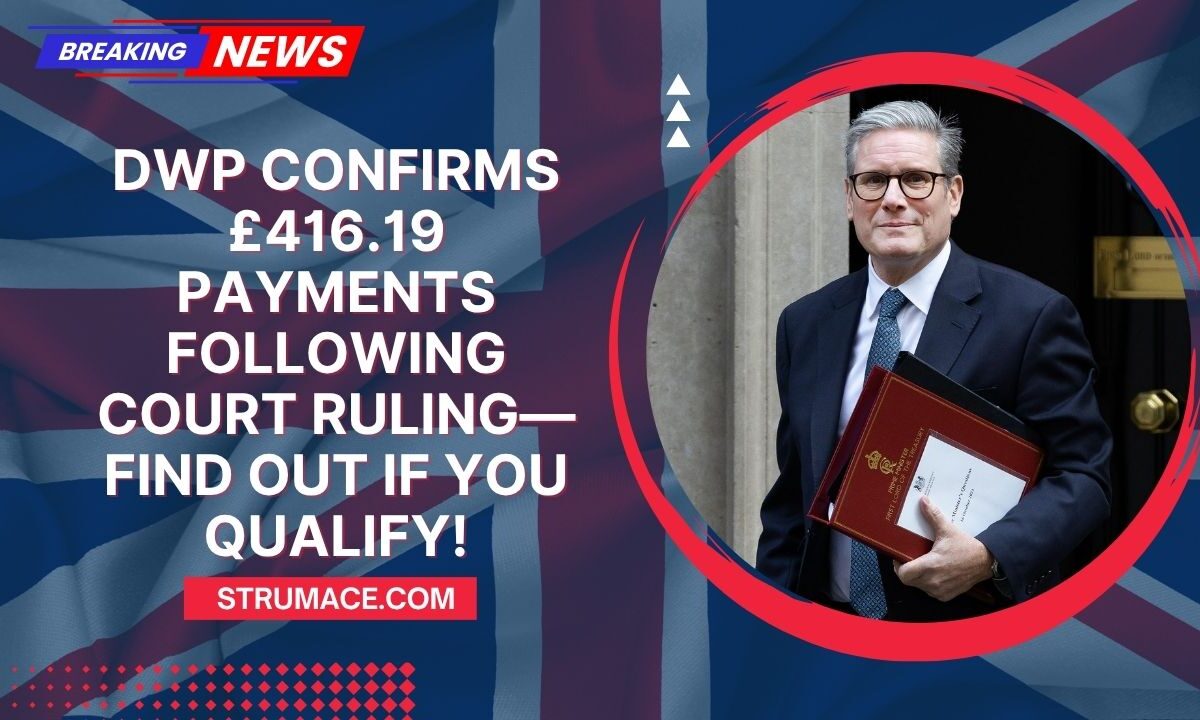A landmark High Court ruling has dealt a serious blow to the Department for Work and Pensions (DWP), concluding that its recent disability benefit reforms were not only unjust but also unlawfully executed.
The case has stirred national debate, exposing a cost-cutting agenda disguised as welfare support and raising questions about the government’s commitment to fairness in policy-making.
Key Findings at a Glance
| Key Area | Details |
|---|---|
| Legal Issue | Legality of DWP’s disability benefit reform process |
| Court Ruling | DWP consultation ruled unlawful and misleading |
| Financial Impact | Potential monthly loss of £416.19 for many claimants |
| Poverty Risk | Close to 100,000 individuals could fall into absolute poverty |
| Employment Justification | No evidence reforms would increase employment for disabled people |
| Next Steps | Legal appeals, possible revisions or complete policy rollback |
| Broader Implication | Calls for fair, transparent, evidence-based welfare policy |
How the Controversy Started
The DWP introduced a set of proposed changes to disability benefits, presenting them as initiatives to improve support and help disabled individuals find work.
However, internal documents, made public during the court proceedings, told a different story—one focused on cutting costs rather than enhancing support.
Among the most concerning findings were:
- Up to 424,000 people at risk of losing their disability benefits.
- Around 100,000 facing absolute poverty.
- Some disabled claimants potentially losing over £416.19 each month.
These hidden projections starkly contrasted the DWP’s public narrative, leading to significant criticism and a subsequent legal challenge.
The Court’s Final Judgment
Presided over by Mr. Justice Calver, the High Court concluded that the public consultation process failed to meet legal standards of fairness and transparency. The DWP was found to have:
- Shared misleading information regarding the reforms.
- Withheld key data and impact assessments from the public.
- Limited public engagement, thereby obstructing informed feedback.
The ruling emphasized that consultations affecting vulnerable groups must be genuine and legally compliant, not just a formality.
What the DWP Tried to Hide
The court exposed several critical omissions in the DWP’s communication with the public:
- Internal forecasts indicating steep losses in monthly benefits for some disabled individuals.
- The potential to drive nearly 100,000 people into poverty.
- No substantial evidence proving that reforms would increase employment among disabled recipients.
- Risk of increased sanctions and penalties for those already struggling.
Despite these findings, the DWP publicly promoted the reforms as supportive and empowering—a stance the court deemed deceptive.
What Lies Ahead
Although the court’s decision does not automatically cancel the reforms, it undermines their legal validity. The judgment is expected to prompt:
- New legal actions from advocacy organizations.
- Political and public demand for a fair and open consultation.
- Possible revision or withdrawal of the current reform proposals.
Groups like Inclusion London and the Public Law Project are advocating for policies that truly reflect the needs and voices of the disabled community.
Wider Implications for Welfare Policy
This ruling sends a powerful message beyond disability benefits. It highlights the urgent need for transparency, equity, and evidence-based decision-making in all aspects of welfare reform.
Unions such as the Public and Commercial Services Union (PCS) have pointed out:
- Cutting benefits will not resolve deep-rooted systemic issues.
- Disabled people must not be the target of austerity-driven savings.
- Inclusive policy design should be the foundation of any meaningful reform.
The judgment has also reignited broader discussions around government spending priorities, with growing concern that financial savings are coming at the cost of justice and dignity.
The High Court’s decision is a significant milestone in the ongoing fight for disability rights in the UK. It not only calls out the DWP’s misleading actions but also sets a precedent for how vulnerable communities must be treated in policymaking.
As public and political scrutiny intensifies, the pressure is now on the government to rethink its approach, engage in authentic dialogue, and deliver just and inclusive welfare reforms.
FAQs
Will the DWP reforms be cancelled after the High Court ruling?
No immediate cancellation has been announced, but the ruling undermines the reforms’ legal basis, likely prompting revisions or reversals.
How much could disabled individuals lose under the proposed changes?
Some claimants could lose as much as £416.19 per month, putting many at risk of financial hardship or poverty.
What was wrong with the consultation process?
The court found it to be misleading and unlawful, lacking transparency, and not allowing the public to make informed contributions.




